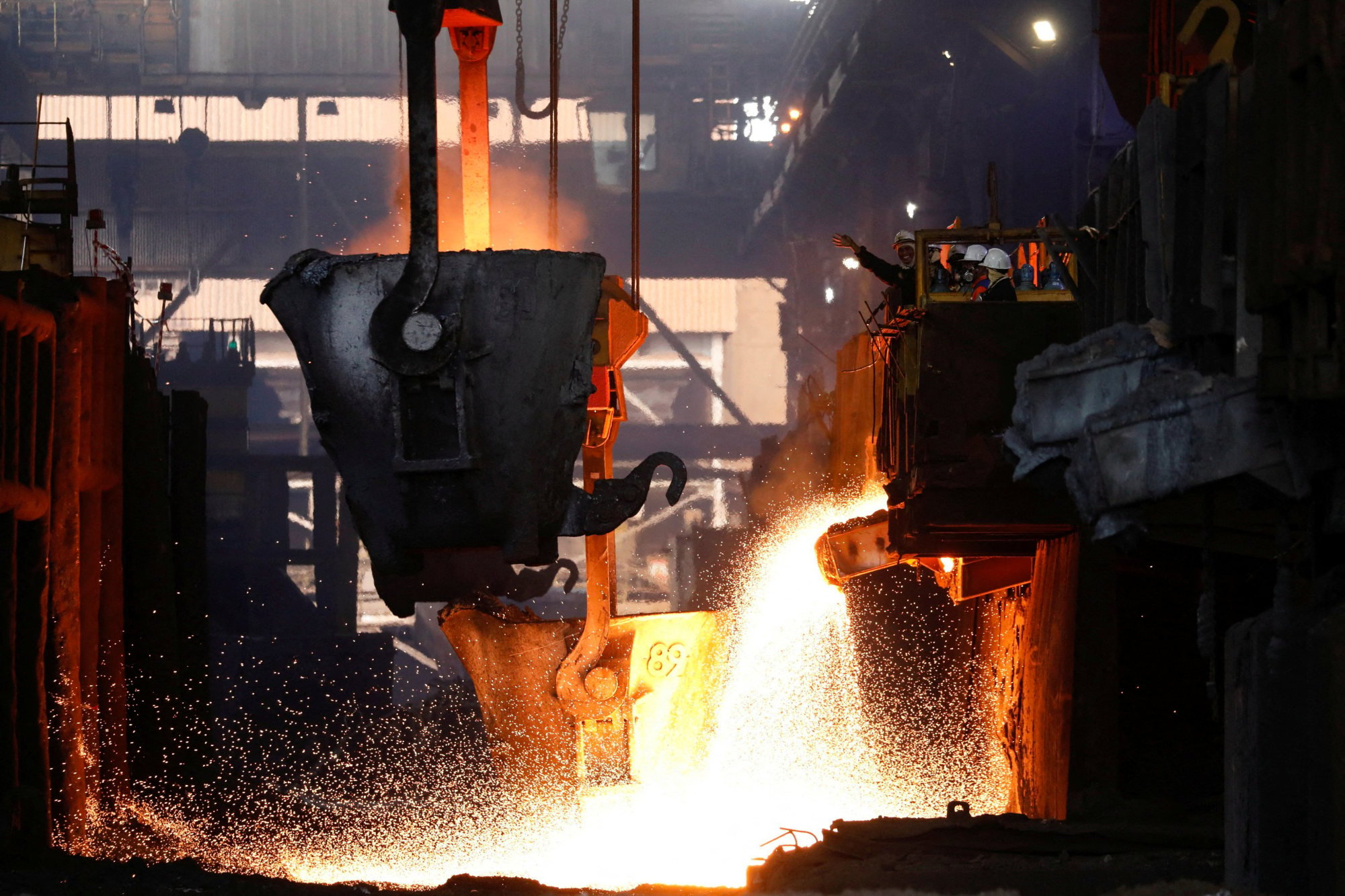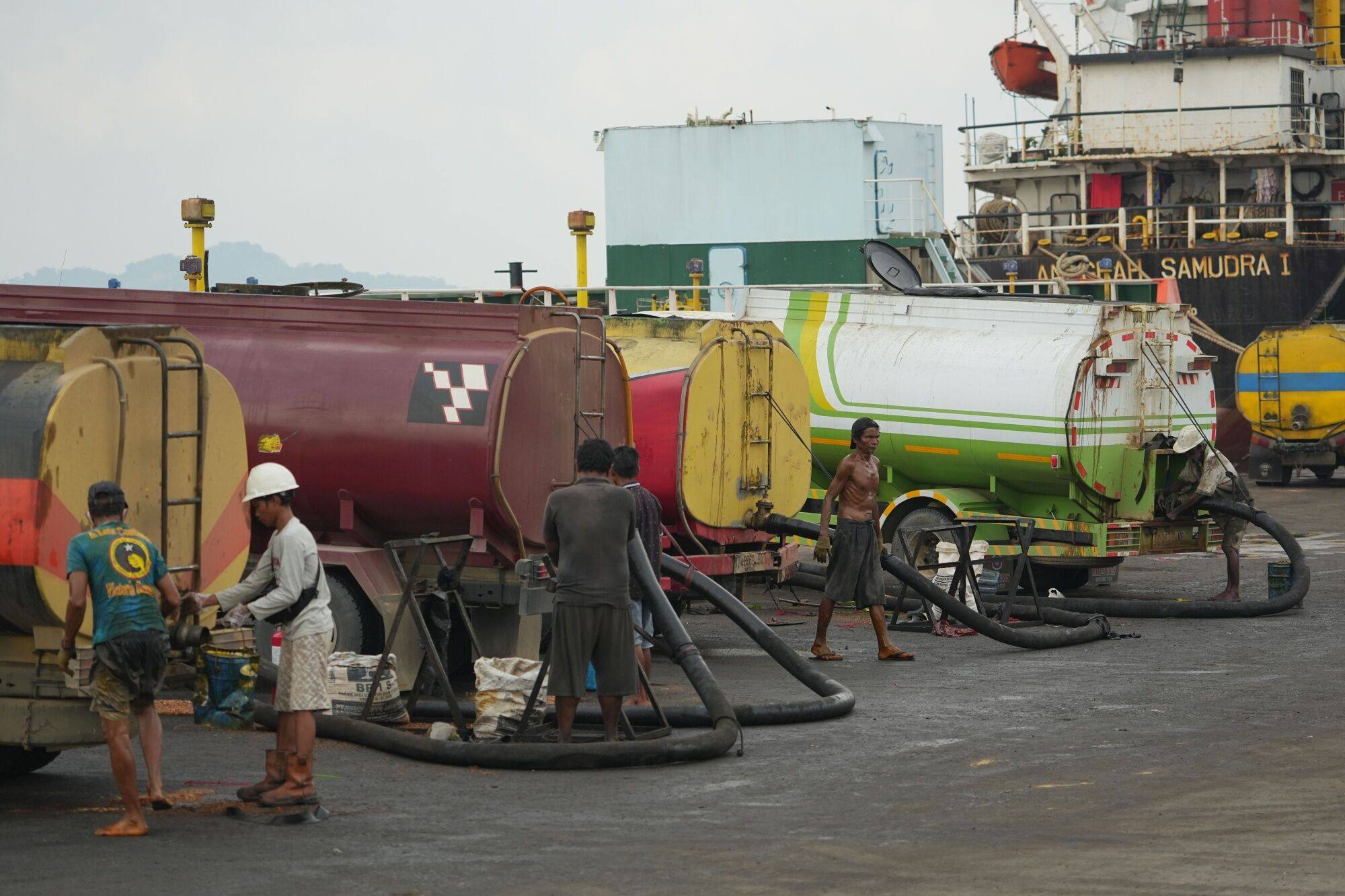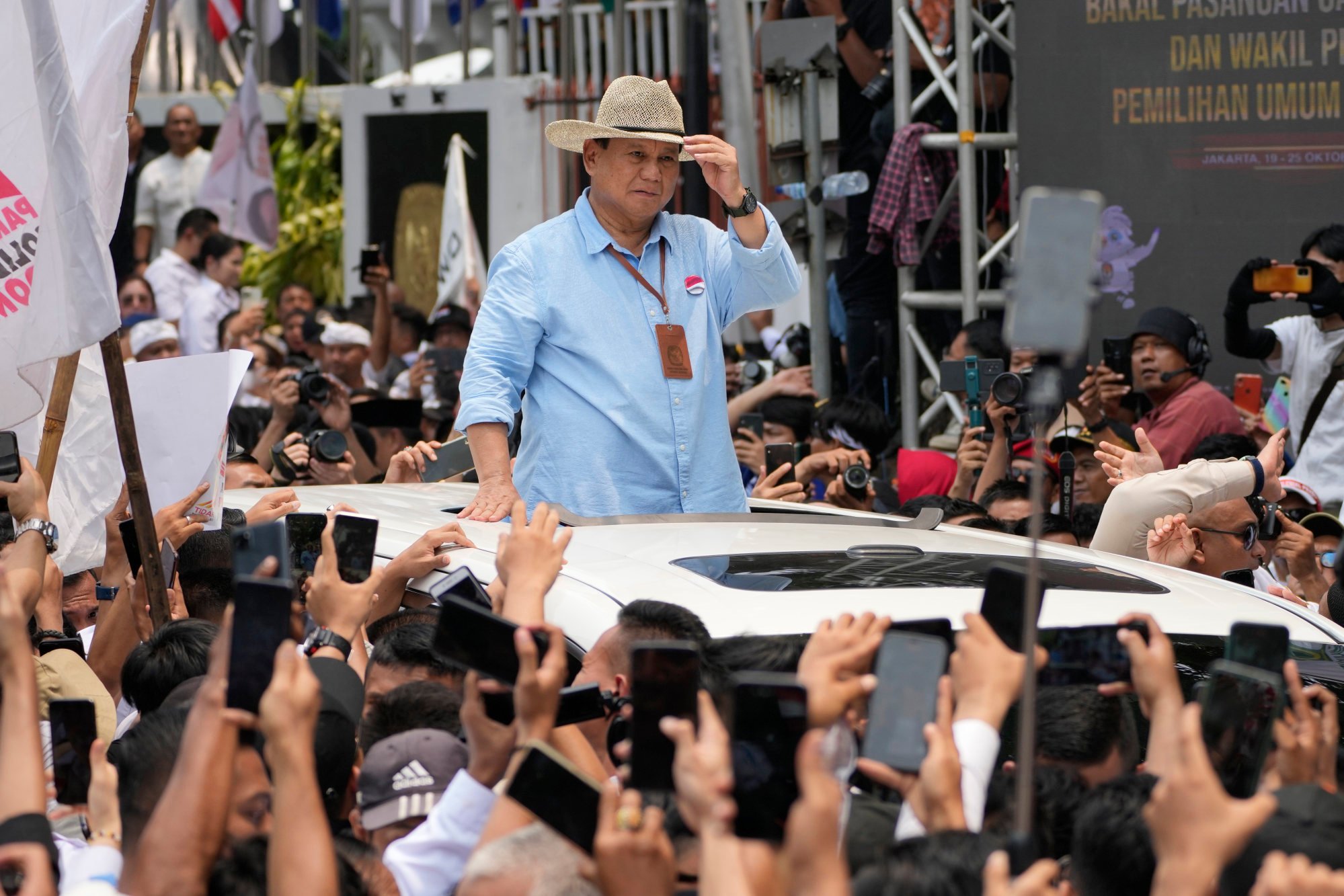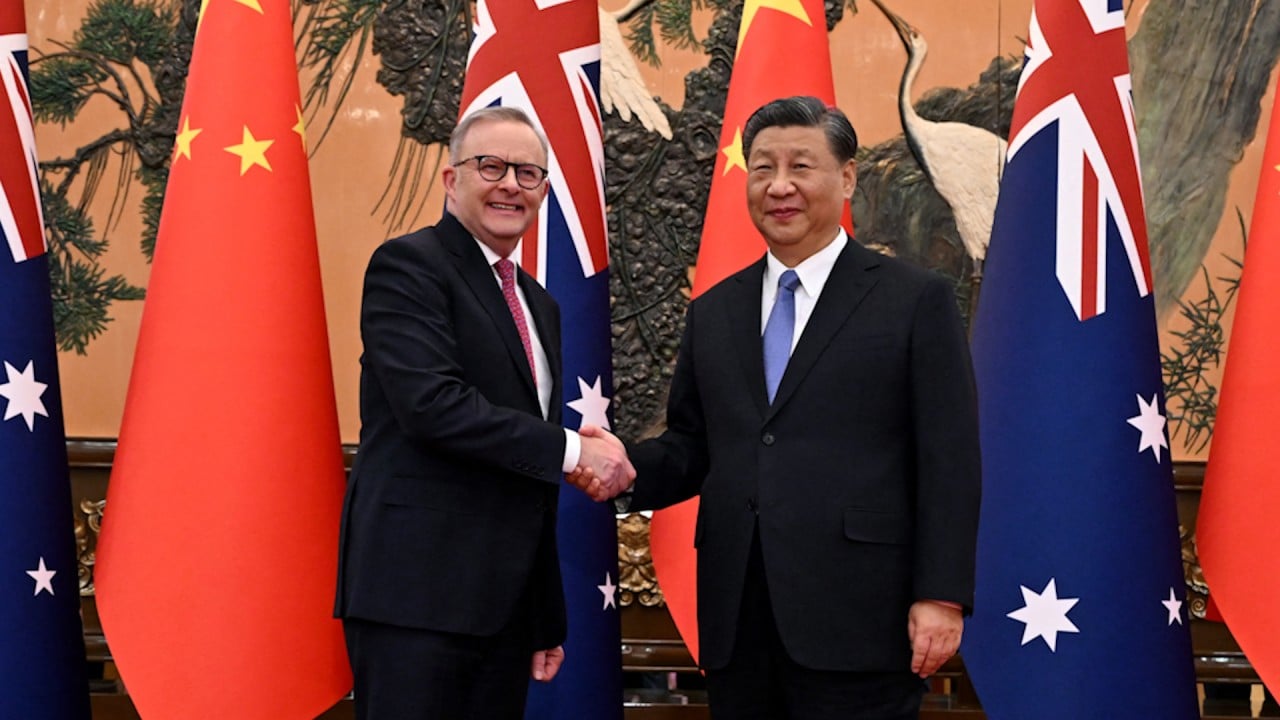
Indonesia’s Prabowo slams West for double standards, lack of moral leadership: ‘we don’t really need Europe’
- Defence minister Prabowo calls for a ‘rebalancing’ whereby Indonesia should learn from countries including China and India rather than continue looking to the West
- The presidential hopeful also claims the EU does not ‘love’ Indonesia given the ‘unfair’ treatment of the country’s products, such as palm oil, in European markets
“[Based on] the talk within the [Global] South leaders, they say that the West has double standards. The West teaches us democracy, human rights … but the West has different standards and this will be very critical. There’s a shift in the world. Now we don’t really need Europe any more.”
Indonesia’s Prabowo most qualified to become president, brother Hashim says
As a nation that “has been looking to the West in the past 50 or 60 years”, Prabowo said there needed to be “a rebalancing”, in which Indonesia had to “learn from other countries in the East such as Japan, [South] Korea, China and India” in aspects including eradicating corruption, improving education, imposing a strong work discipline and displaying national pride.
“We open our market to you for your Mercedes, Volkswagen, Airbus, but you won’t allow us to sell palm oil, and now we have problems trying to sell coffee, tea, cocoa,” Prabowo said. “Sometimes there’s a bit of unfairness. I will continue the dialogue [with the EU]. I don’t want protectionism, but I want an equal playing field.”
“I used to joke that the problem is not with us, the problem is with you. We love the EU, but Europe doesn’t love us,” Prabowo added.

In his manifesto, Prabowo, who has revamped his image from a vocal Widodo critic into his loyalist, said he would widen the ban to include “copper, tin, agriculture products, and maritime products” if he were elected as leader of Southeast Asia’s biggest economy.

Despite Prabowo’s claims, the EU has not banned Indonesian palm oil, with countries continuing their imports despite the new Deforestation Regulation coming into force in June. The law obliges companies to ensure that products sold in the EU do not cause forest loss. New regulations restricting palm oil usage for biofuels are expected to come into effect in 2026. The EU had in August launched a probe on whether Indonesian biodiesel companies were evading EU duties via third countries.
Data from Indonesia’s statistical agency BPS showed that between January and July this year, Spain imported US$408 million worth of Indonesian palm oil, up from US$369 million in the same period last year, while Italy’s Indonesian palm oil imports increased to US$318 million from US$314 million last year.
However, some EU countries have stopped importing Indonesian palm oil altogether. France last year imported US$44 million of palm oil between January and July last year, but none in the same period this year.

Staying neutral
Prabowo also vowed to remain neutral in the face of rising geopolitical tensions in the region, saying he was “optimistic” that world leaders would “will rise to the occasion” to prevent conflict from escalating.
“Our tradition has been non-alliance. We don’t wish to be part of any geopolitical bloc,” Prabowo added. “And this is a tradition I’m committed to continue and to pursue, because it is the wish of the majority of the Indonesian people, and more importantly it’s in our national interest.”
“If we are successful in promoting an economic model that shows that there will be growth and social justice and equal opportunity for everybody, then I think we will attain a position of leadership [in the region],” Prabowo said.
“We had been colonised, so we understand [what it feels like to be] colonised. We will do our best to support the Palestinians,” he said.


